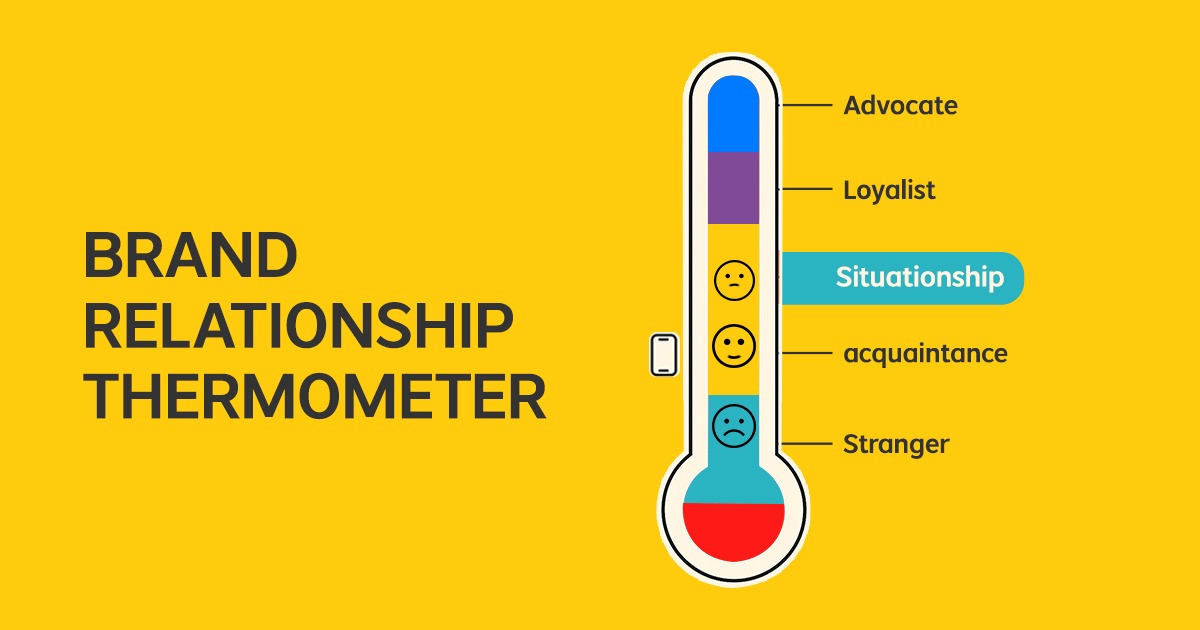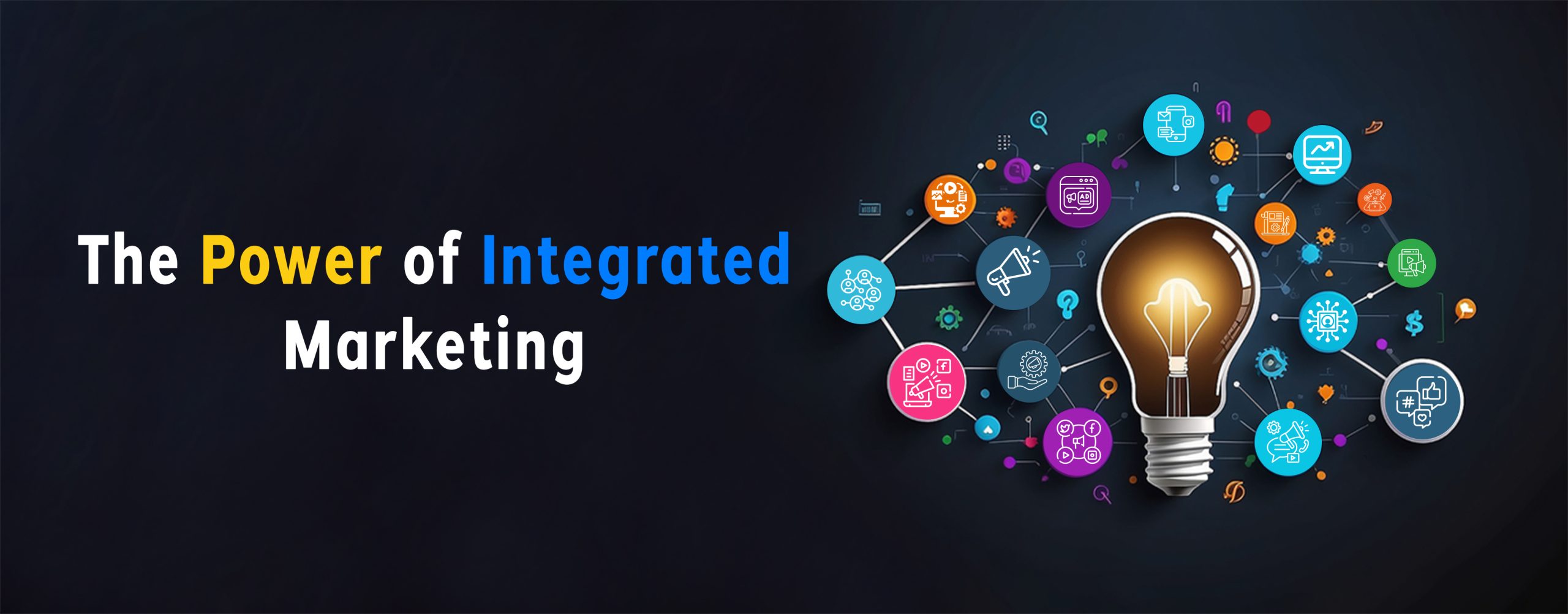
The Impact of AI in Digital Marketing
In today’s fast-paced digital landscape, the intersection of Artificial Intelligence (AI) and marketing is transforming how businesses engage with their audiences. As technology evolves, so does the way we analyze data, understand customer behavior, and craft personalized experiences. AI is no longer a futuristic concept; it has become an integral part of digital marketing strategies, enabling companies to harness vast amounts of information and generate actionable insights. This blog delves into the significance of AI in digital marketing, exploring various AI-driven marketing tools, innovative social media strategies, and the exciting future of AI in this dynamic field. Join us on this AI-matic journey of uncovering how AI is reshaping the marketing landscape and empowering businesses to stay competitive and relevant in an ever-changing environment.
Table of Content:
- What is AI in Digital Marketing
- AI-Driven Digital Marketing Strategy
- AI Digital Marketing Tools
- AI Driven Social Media Marketing
- The Future of AI in Digital Marketing
What is AI in Digital Marketing:
The entire digital landscape is constantly evolving, especially with the integration of Artificial Intelligence in our daily lives. Similarly, the way marketing influences business is also being shaped by AI. From data analysis to customer engagement, AI-driven marketing strategies are becoming essential for staying competitive. This blog explores the significance of AI in digital marketing, focusing on AI marketing tools, social media marketing, and the future of AI in this dynamic field.
AI-Driven Marketing Strategies
A target population for any business expands multifold over time. With the rise of AI, marketers can now harness vast amounts of data, offering insights that were once impossible to obtain. By utilizing machine learning algorithms, businesses can quickly analyze customer behavior, preferences, and trends, allowing for more personalized marketing efforts tailored to their target audience. For instance, AI-driven marketing strategies can segment audiences effectively, ensuring that content is tailored to specific groups, which leads to higher engagement rates and conversions.
A prominent example is the use of predictive analytics, where AI models forecast future customer behavior based on historical data. This not only improves targeting but also optimizes marketing budgets by focusing resources on strategies that yield the highest return on investment.
A notable example of an AI-driven marketing strategy is The Economist. In 2017, The Economist, a respected digital publication, faced a decline in its audience. To counter this, it embraced AI-driven programmatic advertising, automating the buying and selling of targeted ads. This allowed them to capture and analyze consumer data effectively, identifying a segment of reluctant readers. By autonomously studying web and app usage, The Economist gained insights into specific reading habits, enabling more effective online engagement. They also matched cookie data and subscriber information to discover new audience segments and create lookalike audiences.
This strategy led to significant positive outcomes, reviving readership levels. Ultimately, the innovative campaign attracted 3.6 million new readers and achieved a remarkable return on investment of 10:1 from the initial revenue generated, a significant achievement in today’s competitive digital landscape.
AI Digital Marketing Tools
The introduction of AI Digital marketing tools has revolutionized how companies operate. Tools like HubSpot, Marketo, and Salesforce Einstein leverage AI to automate various marketing tasks, from email campaigns to lead scoring. These tools streamline processes, reduce human error, and allow marketers to focus on the creative aspects of their campaigns. Moreover, AI tools can analyze performance in real-time, providing insights that enable immediate adjustments. For instance, if a particular ad is underperforming, AI can suggest modifications to optimize its impact, ensuring that marketing efforts remain agile and effective. Some top AI tools assisting marketers across industries -
- Midjourney - An AI platform that transforms natural language prompts into images.
- Zapier - Facilitates workflow automation by connecting various apps and services your business utilizes.
- Manychat - Delivers an engaging customer experience using natural language processing to interact with customers on social media platforms like WhatsApp./li>
- Surfer SEO - A cloud-based tool for on-page optimization that analyzes and compares your pages with top-ranking results on search engines./li>
- Jasper - A tool for generating and optimizing content, aimed at enhancing content production.
- Optimove - A customer data platform equipped with AI-driven marketing capabilities.
- Evolv.ai - Leverages AI and machine learning algorithms to enhance customer experiences in real time.
- Writer - A top-rated content creation tool that allows for content repurposing and features an AI writing assistant.
- Perplexity - Similar to ChatGPT, but more focused on research, utilizing web citations in a clearer manner.
AI Driven Social Media Marketing
Social media platforms are increasingly utilizing AI to enhance user experience and engagement. AI Digital Marketing for Social Media strategies leverage algorithms which analyze user interactions to deliver personalized content. This not only increases engagement but also helps brands connect with their audiences on a deeper level. AI tools can automate social media management, schedule posts, and analyze audience sentiment, allowing marketers to respond proactively to trends and be on time for any form of deliveries.
For example: AI-driven chatbots are revolutionizing customer interactions by delivering instant responses, enhancing user experience, and significantly cutting down response times. These bots engage users across multiple platforms, offering personalized recommendations based on previous interactions, which in turn helps strengthen brand loyalty.
In line with this innovation, Tattva Creations has embraced the potential of AI since its inception to assist businesses in managing their social presence more effectively. In fact, Tattva creations developed its own AI-powered chatbot in-house, which is hosted on its website. This chatbot is designed to streamline communication, offering real-time assistance and personalized support to the clients.
- Leveraging generative AI to quickly identify relevant content topics at scale.
- Utilizing AI tools to develop engaging outlines for articles and blog posts.
- Streamlining the content marketing brainstorming process with focused ideas and themes.
- Collaborating with in-house marketing specialists to experiment with video content and craft meta descriptions, rich snippets, and email summaries.
The Future of AI in Digital Marketing
Looking ahead in the near future, AI in Digital marketing appears figuratively promising. As technology continues to advance through scientific deliberations, we can expect even more sophisticated tools and strategies that enhance personalization of customer experiences more efficiently. Emerging technologies such as natural language processing (NLP) and chatbots are set to redefine customer service and engagement, making interactions smoother and more efficient. Reverberating on the same thought, the integration of AI into digital marketing is no longer optional; it's a necessity for businesses aiming to thrive in a competitive market. By embracing AI-driven marketing strategies and tools, companies can enhance their outreach, improve customer engagement, and stay ahead in the curve.
Related blogs
View More
